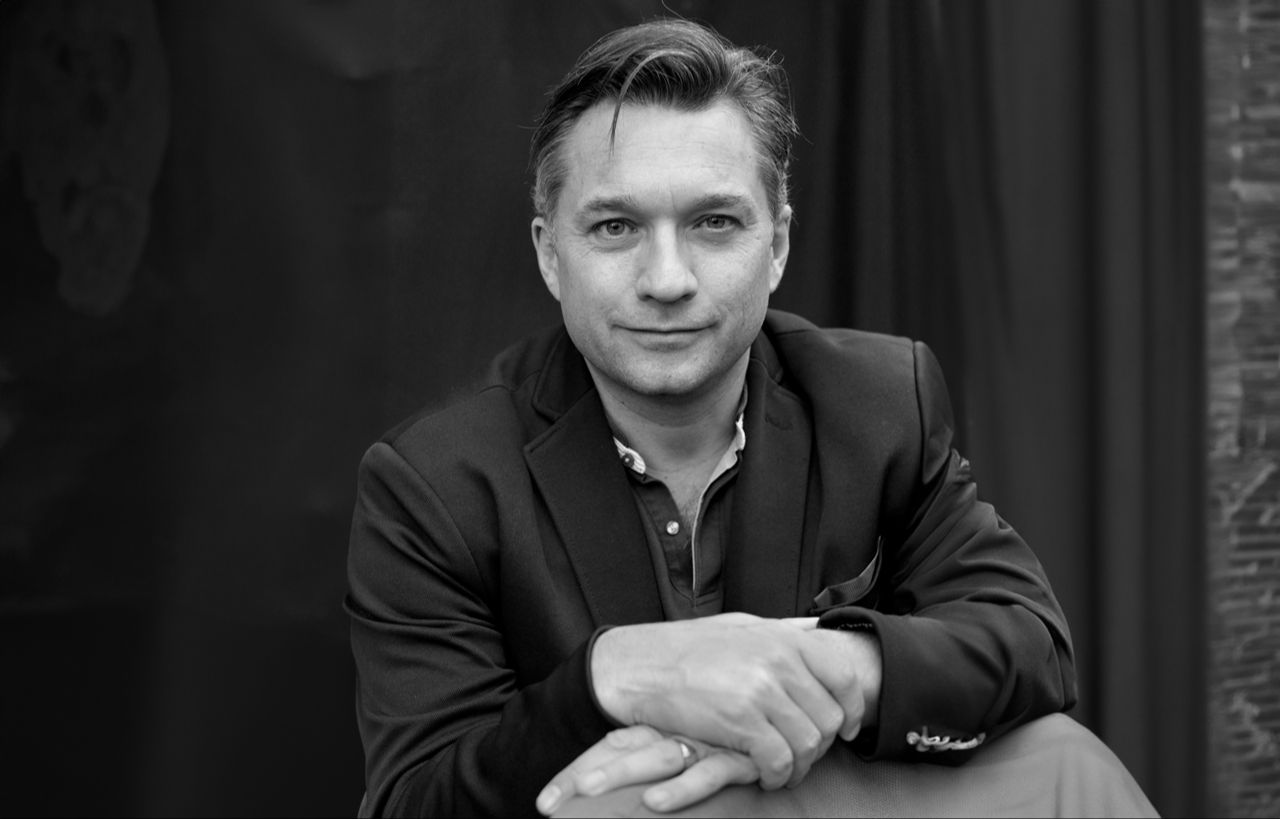
Three Conversations about Leadership by Dr Richard Claydon.
Gart Taubes, the science journalist famous for his revelations of the role sugar plays in the rise of metabolic ill-health, argues that to understand a scientific discipline you need to be aware of its history.
How and why did people start to think, believe and behave this way?
In this DD, I am going to look at three inflection points relate to the development of the dominant leadership discourse.
- The call to action – from macho management to maestro leadership
- The cultural system – the entanglement of leadership and culture
- The moral imperative – how leadership became a moral act
The breakouts will invite you to reflect on how each inflection continues to ripple through modern organisational and societal life.
-----
Dr Richard Claydon is the co-founder of EQ Lab, and the designer of the Future of Leadership module at Macquarie Business School’s Global MBA Program (ranked #6 globally by CEO Magazine).
He was awarded the highest achievable marks for a Ph.D in behavioural science. A Harvard Top-200 Management expert and business columnists for the Guardian newspaper have described this research as “a touchstone for the future work in management and organisation”, “outstanding in daring imagination” and “at the forefront of modern discussion and debate.”
Richard is a tier one tennis player, have coached tennis professionally, and also designed the tactics creator for the multi award-winning and world-leading management simulation, Football Manager.
Below time zone is Hong Kong Time (HKT). Check your local time zone.
Rewatch all sessions.
Thank you for joining our free Dialogic Drinks sessions. Since 2020 we have hosted over 800 hours of global dialogues with participants from all parts of the world. To continue this we rely on your support. If you can, consider a membership which will give you access to catch up on over 100 different topics from complexity science to future leadership, behaviour, narrative intelligence, climate crisis, organisational culture, and much more.
WATCH >
